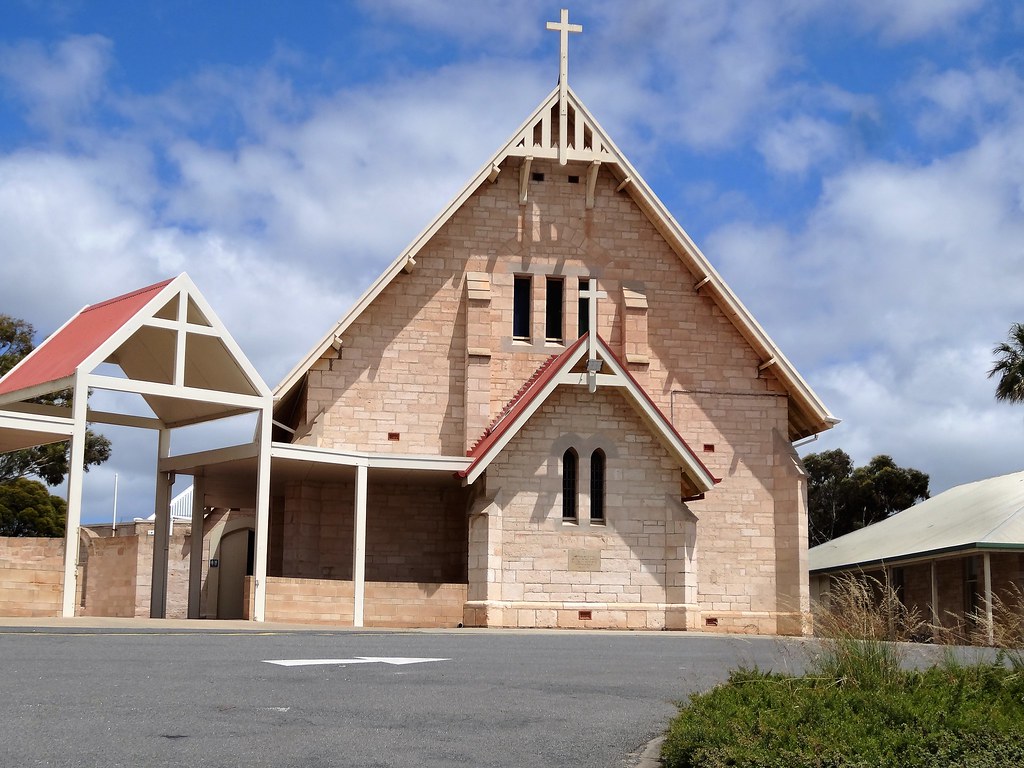Venezuela: Economic Collapse and Safety Concerns

Venezuela stands out as a country where tourism is dwindling, largely due to its severe economic crisis and widespread safety issues. Hyperinflation has made daily life unpredictable, with prices rising so quickly that even locals struggle to afford basic goods. According to the World Bank, Venezuela’s annual inflation rate remains among the highest in the world. The tourism sector has shrunk dramatically, with an over 80% decline in visitors since 2015. The U.S. Department of State now lists Venezuela under a Level 4 “Do Not Travel” advisory, citing rampant violent crime and political unrest. Hotels and once-popular attractions are shuttered, leaving few options for the rare adventurous traveler. The ongoing political instability, marked by frequent protests and clashes, has only deepened the sense of danger. As these challenges persist, experts predict Venezuela may soon close its doors to foreign tourists entirely.
Afghanistan: Ongoing Conflict and Humanitarian Crisis

Tourism in Afghanistan has nearly vanished, a casualty of relentless conflict and a worsening humanitarian disaster. Since the Taliban’s return to power in 2021, visitor numbers to Afghanistan have remained extremely low, with the United Nations reporting a sustained drop of around 90%. The security situation is dire, with frequent bombings, kidnappings, and attacks targeting both locals and foreigners. The lack of basic infrastructure—such as reliable roads and safe accommodations—makes travel extremely difficult. International organizations, including the International Crisis Group, stress that the country’s instability leaves little hope for a tourism revival. Human rights violations and restrictions on personal freedoms further damage the country’s reputation. Most governments now strongly advise against all travel to Afghanistan, fearing for their citizens’ safety. With worsening conditions and a near-collapse of services, Afghanistan is likely to stay off-limits for tourists for the foreseeable future.
Syria: War-Torn Landscape and Safety Risks

Syria’s decade-long civil war has turned the nation into one of the world’s most hazardous destinations, and tourism has been almost completely erased. Once-famous historical sites lie in ruins, and over 90% of tourist visits have vanished since the start of the conflict, as reported by the BBC and Amnesty International. Military checkpoints, ongoing armed clashes, and a high risk of kidnapping make even short trips perilous. Infrastructure is in shambles, and basic services such as electricity and clean water are unreliable at best. The U.S. and many other countries maintain strict travel warnings, urging citizens to avoid Syria entirely. Many of the country’s ancient wonders, like Palmyra, have been damaged or destroyed. Even if peace were to return, the road to rebuilding a viable tourism sector would be long and uncertain. As violence and instability continue, Syria remains effectively closed to foreign visitors.
North Korea: Strict Regulations and Limited Access

North Korea has always been an enigma, but recent years have seen the regime tighten its grip even further, especially regarding foreign visitors. The country’s borders slammed shut during the COVID-19 pandemic, and reports from The Diplomat and Reuters indicate a 99% drop in tourist numbers since 2020. Travel is strictly controlled, with guided tours required and independent exploration forbidden. Political tension, particularly with Western countries, add another layer of uncertainty. Visitors face constant surveillance, and even small missteps can result in serious consequences, including arrest or detention. The regime’s desire for complete control over information and outsiders means tourism is viewed with suspicion. As leadership prioritizes national security and secrecy, it’s likely North Korea will continue restricting, or even halting, foreign tourism in the near future.
Myanmar: Political Instability and Human Rights Violations

Myanmar’s tourism industry was flourishing before 2021, but the military coup that year changed everything. Since then, visitor numbers have collapsed by over 70%, according to Human Rights Watch and the U.S. Department of State. Widespread protests, violent crackdowns, and arbitrary arrests have made the country unstable and unsafe for outsiders. The government’s harsh response to dissent, including internet blackouts and suppression of free speech, has drawn international condemnation. Many travel companies have suspended operations, fearing for both their staff and clients’ safety. Ethnic minorities face ongoing violence, further tarnishing the country’s image. The State Department now advises against all travel to Myanmar, and the risk of being caught in unrest is high. Without a return to stability, Myanmar could remain off the tourist map indefinitely.
Haiti: Natural Disasters and Security Issues

Haiti’s hopes for tourism have been dashed by a relentless series of natural disasters and escalating violence. Earthquakes and hurricanes have repeatedly devastated the country, destroying infrastructure critical to tourism. The U.S. State Department warns of rampant kidnapping, armed robbery, and civil unrest, placing Haiti at Level 4 “Do Not Travel.” CNN reports that visitor numbers have plummeted, and embassies have reduced their presence due to safety concerns. Political instability and lack of essential services—like reliable electricity and healthcare—make travel risky and uncomfortable. Organized crime and gang violence dominate many areas, even affecting the capital, Port-au-Prince. Hotels and resorts that once welcomed tourists now sit empty or operate under heavy security. In these conditions, Haiti could well shut its doors to visitors until stability returns.
Iran: Sanctions and Political Tensions

Iran’s rich culture and history have always attracted travelers, but recent years have seen a steep decline in tourism due to political and economic turmoil. International sanctions have crippled the economy, making travel logistics much more difficult. The Guardian and the U.S. State Department both highlight a sharp drop in visitor numbers, with many countries warning of the risk of arbitrary arrest for foreigners. Political protests and harsh crackdowns on dissent have created an unpredictable environment. Many famous sites, like Persepolis, are now harder to access due to increased security measures. Diplomatic tensions with the West mean travel insurance and financial transactions are complicated or impossible for many visitors. As long as these issues persist, Iran may further restrict foreign tourism, especially from Western nations.
Central African Republic: Violence and Instability

The Central African Republic (CAR) is one of the world’s least visited countries, and for good reason—violence and chaos have torn the nation apart for years. Armed groups control large parts of the territory, and the United Nations estimates that more than half the population requires humanitarian aid. Tourism has collapsed by over 80%, with the U.S. State Department and Al Jazeera both warning against all travel due to kidnappings and armed conflict. Even basic necessities like food and water can be hard to find, let alone tourist amenities. Many regions are essentially inaccessible without military escort. Foreigners risk being caught in crossfire or kidnapped for ransom. With conditions this dire, it’s almost unthinkable for CAR to welcome tourists any time soon.
South Sudan: Ongoing Conflict and Humanitarian Crisis

South Sudan, the world’s newest country, has been mired in violence and displacement since its independence in 2011. The United Nations reports that millions have been forced from their homes, and the government struggles to provide basic services. Tourism is almost non-existent, with visitor numbers dropping to near zero as conflict rages across the country. The U.S. State Department has a standing Level 4 travel advisory, and humanitarian organizations regularly report attacks on aid workers. Roads are unsafe, and healthcare is minimal, making even short trips perilous. The risk of being caught in fighting or detained at checkpoints is high for foreigners. Until peace and security can be restored, South Sudan is likely to remain closed to tourists.
Russia: Political Tensions and Travel Restrictions

Russia was once a favorite for travelers seeking culture and adventure, but escalating political tensions and international sanctions have changed that picture dramatically. Following the invasion of Ukraine in 2022, most Western countries advised their citizens against visiting Russia. The U.S. State Department cites risks of arbitrary arrest, harassment, and limited consular support for Americans traveling there. The BBC reports a major drop in tourist arrivals, especially from Europe and North America. Many Russian cities now see far fewer foreign visitors, and hotels face financial struggles as a result. Visa restrictions and flight bans have made entering Russia more difficult than ever. As global politics remain tense, Russia may further limit or even suspend international tourism.




